The Caribbean Financial Action Task Force (CFATF) released its 4th round Mutual Evaluation Report (MER) on Curaçao, a comprehensive evaluation of Curaçao’s efforts to combat money laundering and terrorist financing.
The CFATF adopted the report at its May 2025 Plenary, held in Port of Spain, Trinidad. It analyses the level of compliance with the FATF 40 Recommendations and the level of effectiveness of Curaçao’s Anti-Money Laundering and Countering the Financing of Terrorism (AML/CFT) system and provides recommendations on how the system could be strengthened. It is the final report, marking the conclusion of the CFATF’s Fourth Round of Mutual Evaluations. The CFATF is scheduled to begin the Fifth Round in March 2026.
The report summarizes the AML/CFT measures in place in the Country of Curaçao, a constituent country within the Kingdom of the Netherlands, at the moment of the on-site visit conducted from June 17–28, 2024. The results are a mix of progress and persistent weaknesses. While some systems are in place, the report reveals serious gaps that need urgent attention.
KEY FINDINGS: WHERE CURAÇAO IS FALLING SHORT
The following are the key findings that stood up to me from the MER:
The Right Laws Exist, But They’re Not Working Well Enough
Curaçao has built a legal and institutional framework to fight financial crime. However, the biggest problem lies in putting those systems into action. Agencies often work in silos, and there is no national strategy to tie everything together. Without clear goals and better cooperation, efforts remain scattered. Refer to CFATF MER Curaçao July 2025– Executive Summary, page 6.
High-Risk Sectors Are Largely Unsupervised
Sectors like real estate, land-based casinos, online gambling, e-zones, and law offices are known to be at higher risk for money laundering, yet they face little to no oversight. Inspections are rare, and sanctions for non-compliance are nearly nonexistent. Refer to CFATF MER Curaçao July 2025 – Executive Summary, page 9.
Not Fully Understanding the Risks
The last major study assessing money laundering risks was done in 2017, and it’s outdated. New risk assessments are underway, but not all sectors have been properly analyzed, and a comprehensive analysis of the risks associated with legal persons, virtual assets, and virtual asset service providers (VASPs), NPOs, securities intermediaries, asset management companies, and Payment Service Providers is lacking. That means many institutions may be flying blind when it comes to financial crime threats. Refer to CFATF MER Curaçao July 2025 – Section 2.1, pages 31–33.
Non-Profit Organizations (NPOs) Are Left in the Dark
Curaçao has not clearly identified which NPOs may be vulnerable to terrorist financing. Many of these organizations don’t know what rules they’re supposed to follow, and no one is consistently checking. Refer to CFATF MER Curaçao July 2025 – Chapter 7, page 34.
Few Cases Get Investigated—Even Fewer Are Prosecuted
Law enforcement agencies are understaffed and overstretched. While they receive reports of suspicious activity, many are not followed up on. Only a small number of money laundering cases result in court action. A special unit for recovering criminal assets, Afpakteam, was even shut down in 2022, slowing progress further. Refer to CFATF MER Curaçao July 2025 – Chapter 3, pages 41–42.
Who Really Owns What? It’s Still Hard to Know
While a new beneficial ownership registry was introduced in 2024, it’s not fully functioning yet. There’s no cross-checking with other databases, and penalties for failing to report are weak. Refer to CFATF MER Curaçao July 2025 – Chapter 7, page 124.
Money Still Moves Too Easily Across Borders
There’s no system in place to properly track large amounts of cash crossing Curaçao’s borders. Wire transfers are also poorly monitored, making it difficult to trace the origin or destination of funds, an open invitation for misuse. Refer to CFATF MER Curaçao July 2025 – R.16 Assessment, page 175.
TIME TO FACE REALITY
Effectiveness Ratings (Immediate Outcomes)
- Mostly rated Moderate or Low effectiveness, with only one Substantial, IO.2. IO.2 stands for Immediate Outcome 2, which is part of the effectiveness assessment under the FATF Methodology. Curaçao is rated as having a substantial level of effectiveness for IO.2 – International Cooperation.
- This shows Curaçao has the basic framework in place but struggles with real-world implementation.
Positive Aspects
- Curaçao has a strong legal foundation, ongoing reform efforts, and high-level commitment.
- It shows a good understanding of its money laundering risks and some success in international cooperation.
Major Weaknesses
- Lack of resources, poor follow-through on enforcement, and delays in freezing terrorist assets.
- Supervision of high-risk sectors (like online gambling and VASPs) is still underdeveloped.
- No TF prosecutions and unclear risk understanding in the non-profit sector.
WHAT NEEDS TO BE DONE: CFATF’S RECOMMENDATIONS
The 40 Recommendations referred to in the CFATF Fourth Round MER of Curaçao and Sint Maarten are based on the FATF Recommendations, which are the international standards for combating money laundering, terrorist financing, and the financing of proliferation.
With these recommendations, the CFATF has laid out a clear roadmap to strengthen Curaçao’s defenses. Here are the most important points I took from the report:
Update and Use Risk Assessments
- Complete risk reviews for all sectors, including digital assets and non-profits.
- Share the results widely so institutions can adapt their safeguards.
Suggested Action: Organize workshops for banks, lawyers, and other sectors to understand sector-specific threats.
Boost Law Enforcement Resources
- Hire and train more investigators and prosecutors.
- Re-establish a dedicated team to seize money from criminal activity.
Example: Reintroduce a task force similar to the former Afpakteam, focused on asset recovery.
Expand Supervision to All Sectors
- Increase monitoring of high-risk sectors like casinos and real estate.
- Apply fines or other penalties when institutions break the rules.
Example: Create a schedule of regular on-site inspections for all financial and non-financial sectors.
Make Beneficial Ownership Transparent
- Fully implement the new registry that shows who really owns companies.
- Make sure authorities can quickly access and verify this data.
Suggested Tool: Set automatic cross-checks between the registry and the commercial chamber or tax office.
Protect the Non-Profit Sector
- Identify which NPOs are at risk and help them understand their responsibilities.
- Ensure there’s a system to monitor suspicious donations or transfers.
Actionable Idea: Provide outreach materials tailored for charities and religious organizations.
Enforce International Sanctions
- Strengthen systems to freeze or unfreeze assets related to terrorism or weapons proliferation.
- Coordinate responses across all government agencies and financial institutions.
Tighten Border and Money Transfer Controls
- Set up a mandatory cash declaration system at airports and ports.
- Improve tracking and compliance for all wire transfers.
Example: Introduce fines for people who fail to declare large sums of cash when entering or leaving the country.
Modernize Laws and Close Legal Loopholes
- Align national laws more closely with FATF standards, especially on due diligence and customer verification.
- Consider legal reforms to prevent abuse of trusts and shell companies.
Technical Compliance Ratings (40 Recommendations)
The evaluation is based on the 40 recommendations, and each received a rating. Many are rated Partially Compliant (PC) or Largely Compliant (LC).
Several important areas, like beneficial ownership transparency (Recommendations 24&25) and Terrorist Financing-related sanctions (Recommendations 6 &7), are weak or non-compliant. Please refer to the report for the complete, detailed recommendations and the ratings.
FINAL THOUGHTS
The CFATF’s evaluation is a wake-up call. The evaluation is not fully negative, but it clearly highlights serious gaps. It’s a critical but constructive report, a signal that urgent improvements are needed if Curaçao wants to avoid negative consequences (e.g., greylisting) and strengthen its defenses against financial crime.
Curaçao has both the potential and the tools to combat financial crime, but this requires honest self-reflection and setting ego aside to identify weaknesses in processes and institutions. Most important here is always room to learn and improve, no matter the list of degrees, background, and experience.
This isn’t just about ticking compliance boxes; it’s about safeguarding the island’s economy, reputation, and people from being exploited.
With stronger enforcement, modernized platforms, better data, and smarter collaboration, Curaçao can take meaningful steps to close existing gaps and establish an effective anti-money laundering and counter-terrorist financing framework.
For more detailed information, please refer to the full report: CFATF Mutual Evaluation Report – Curaçao (2025).


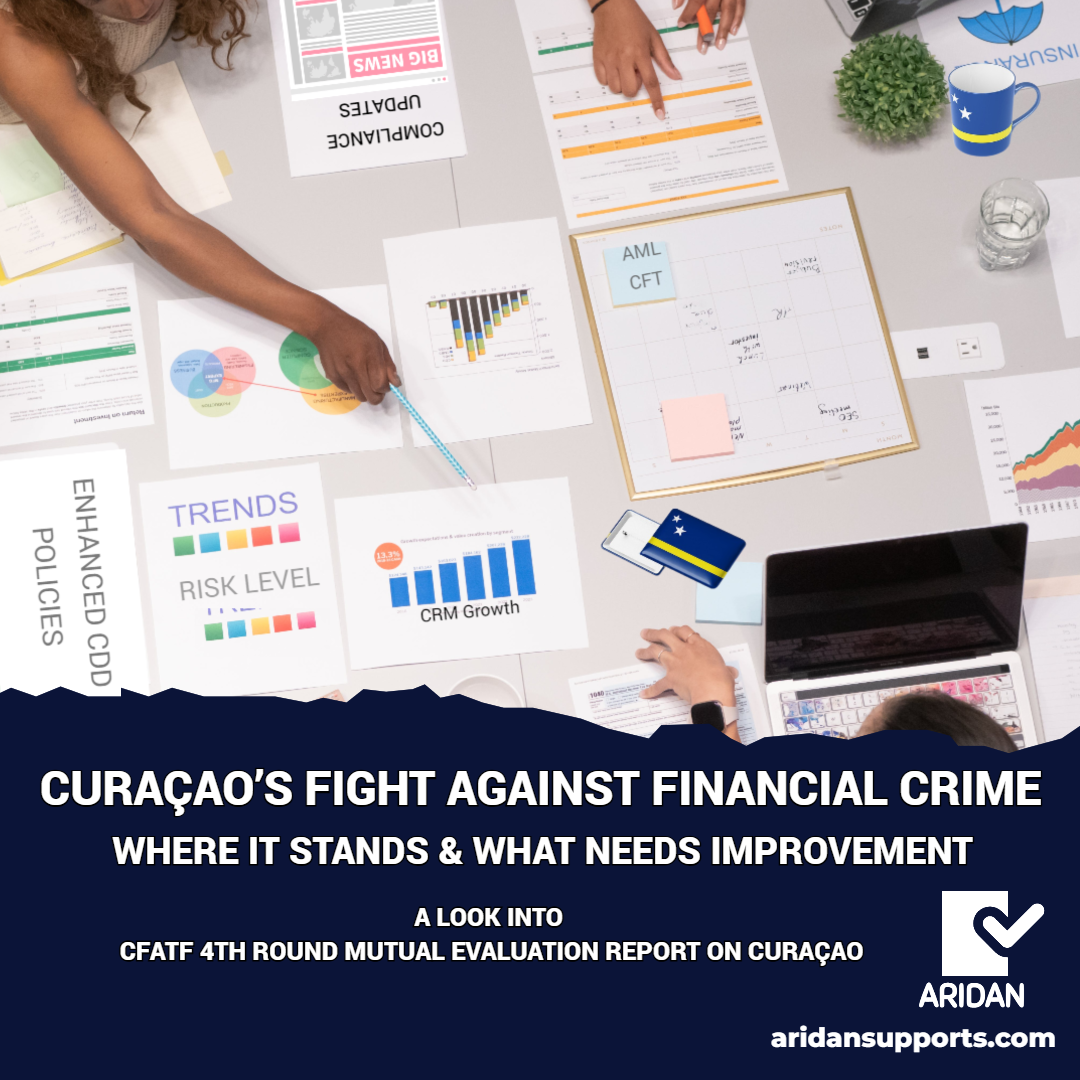
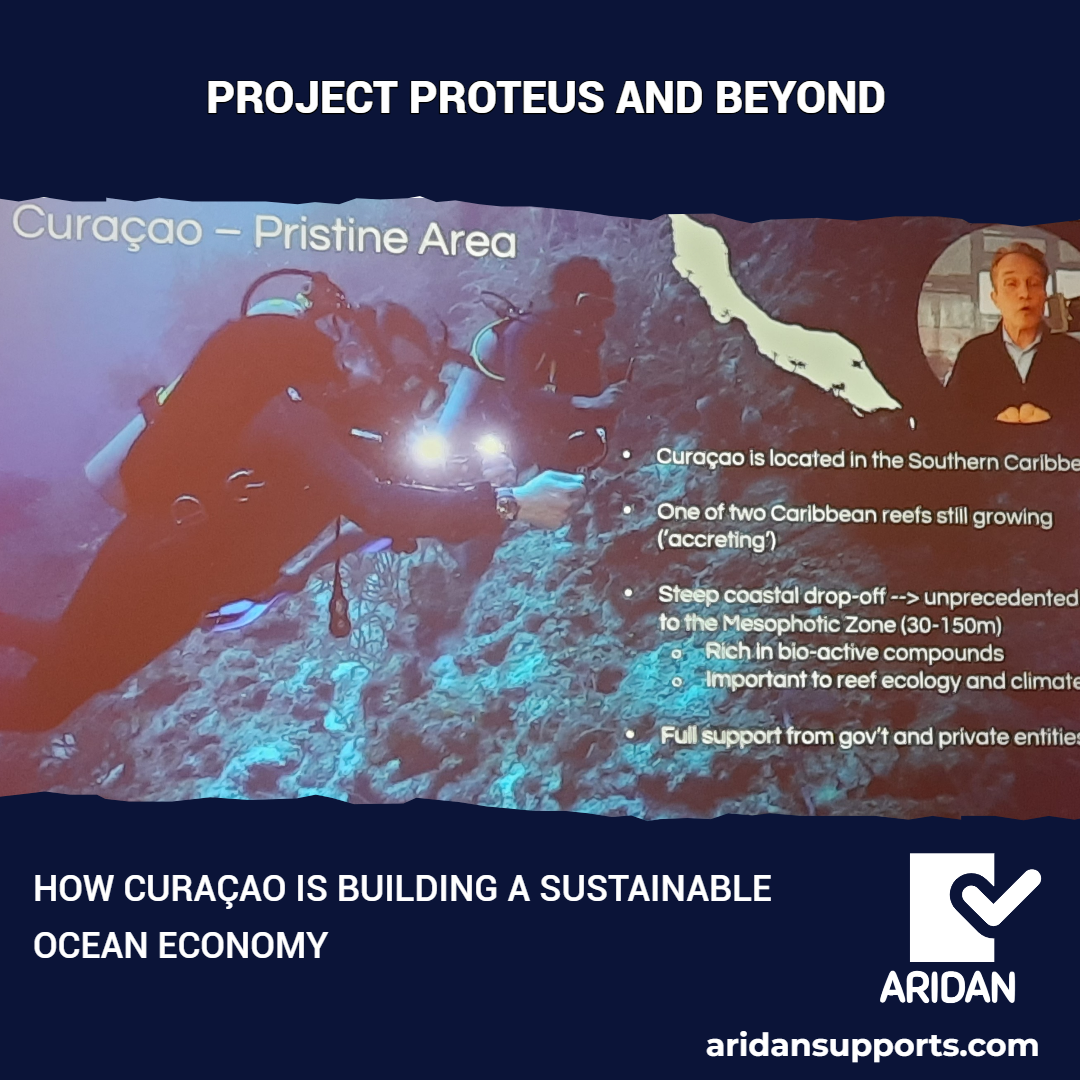

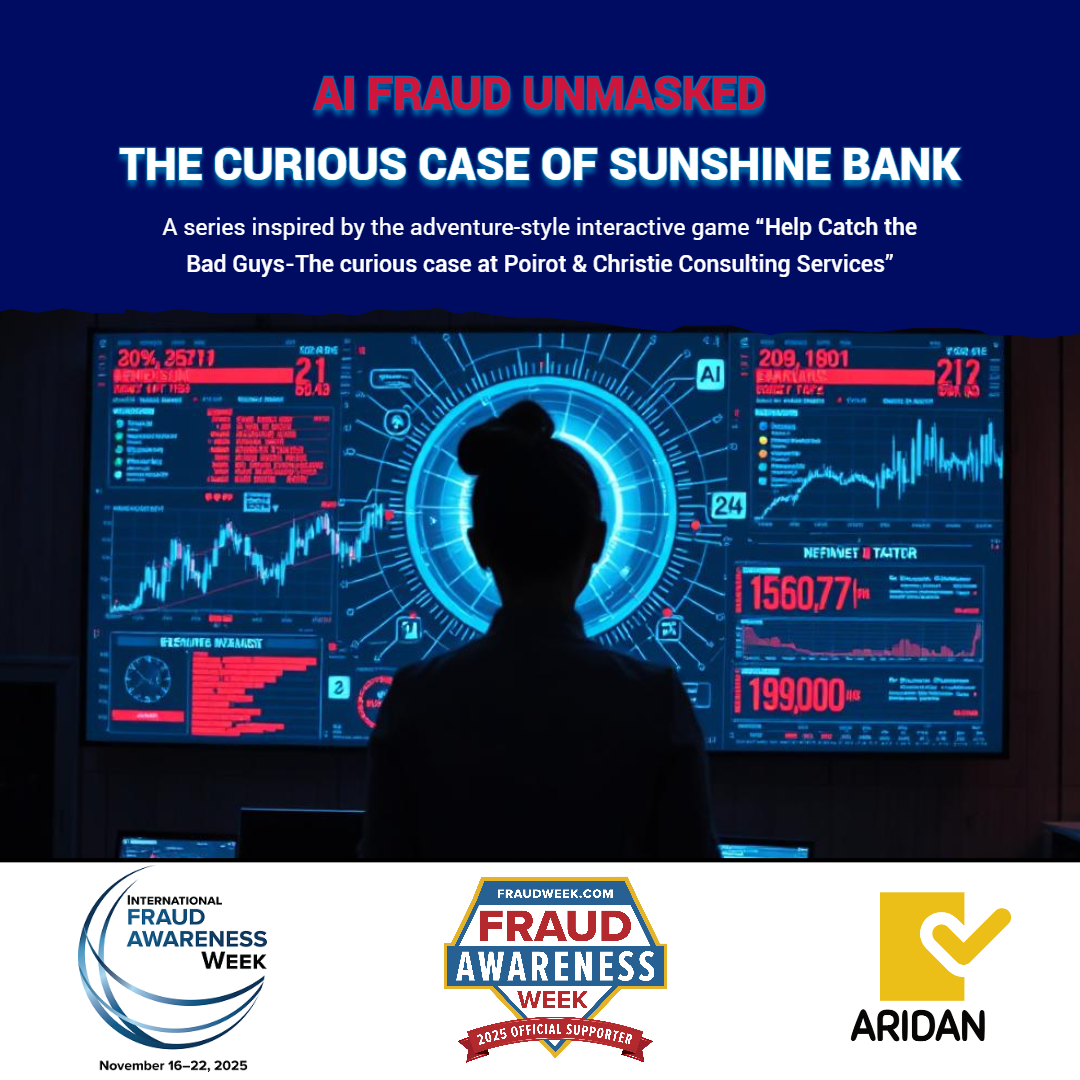
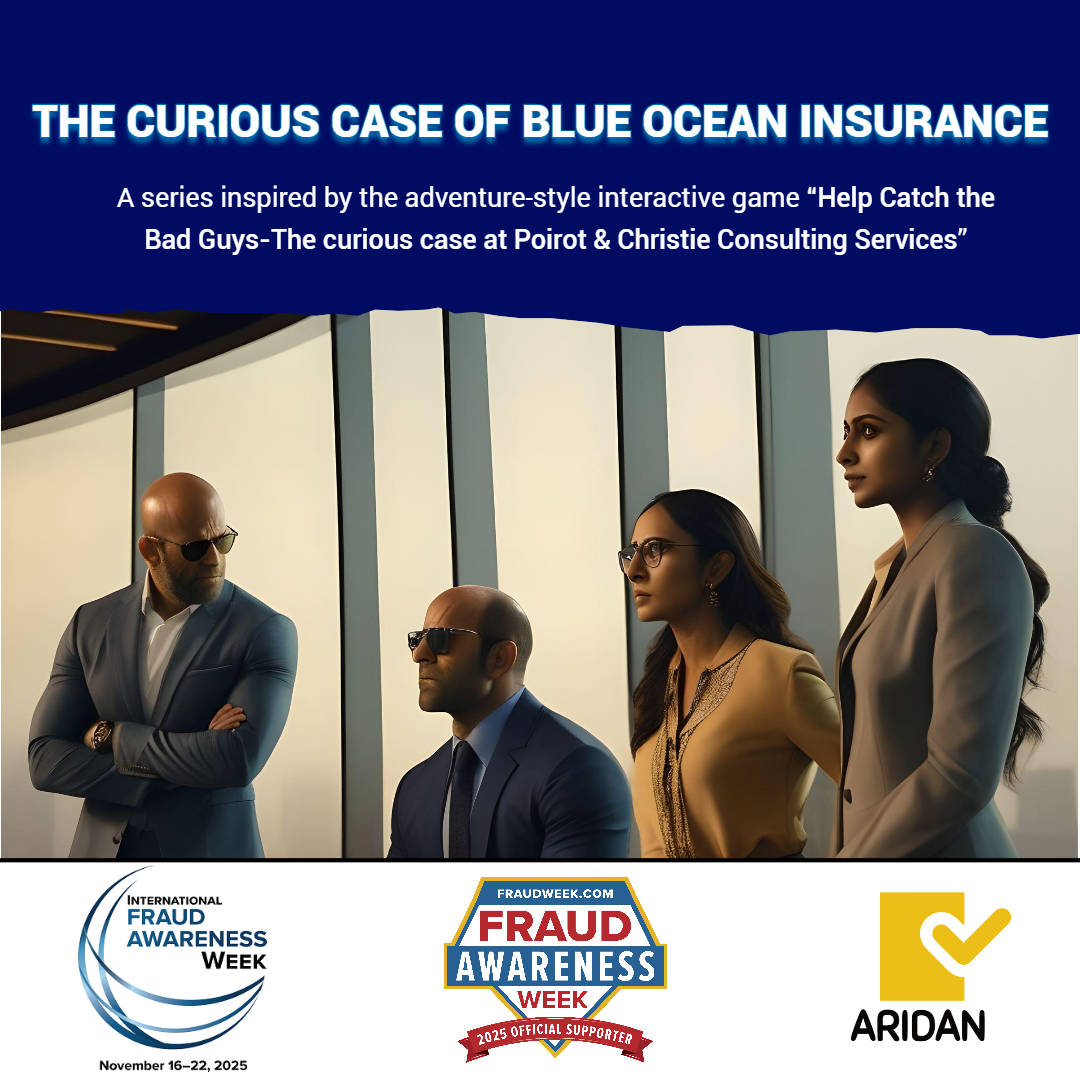
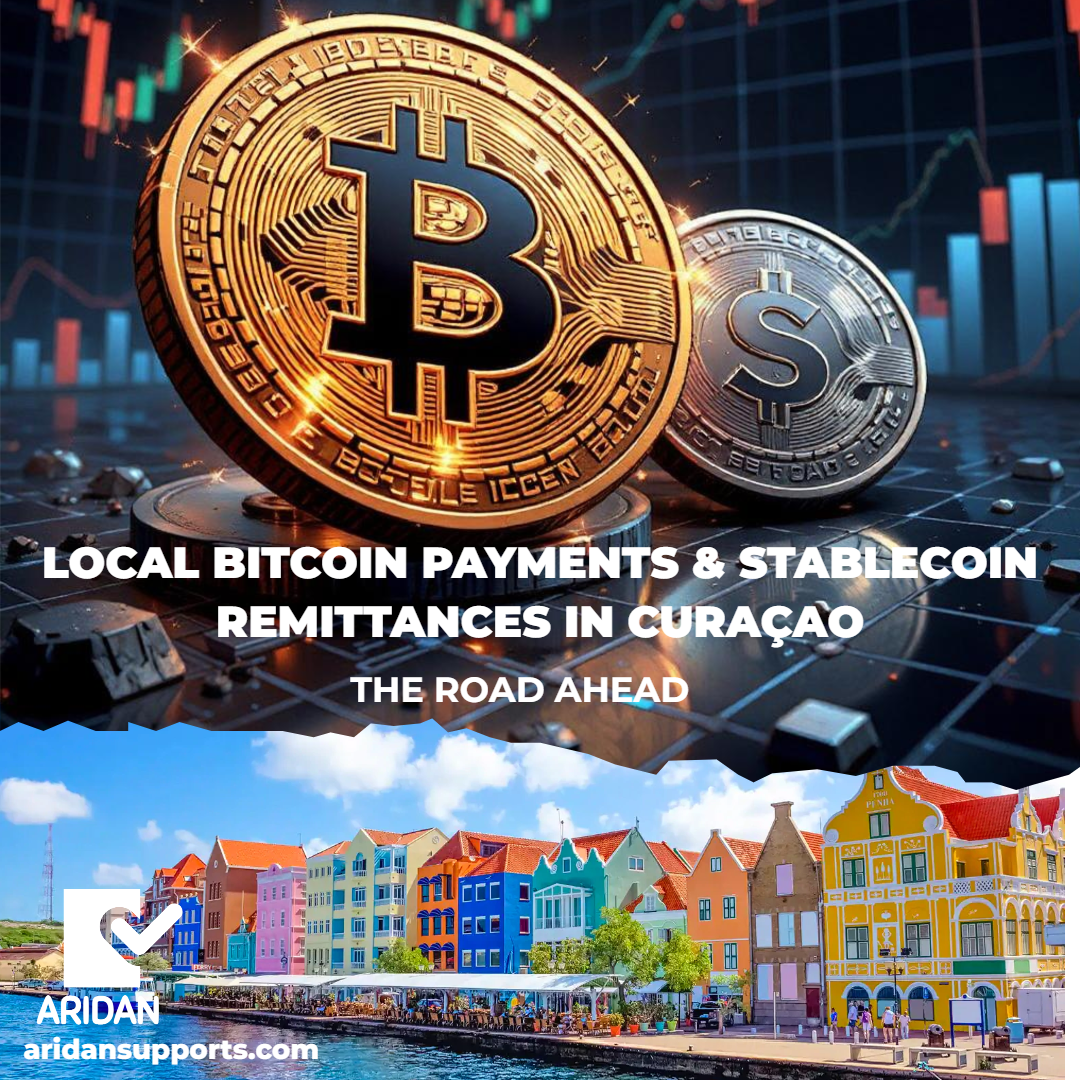
Leave a Reply